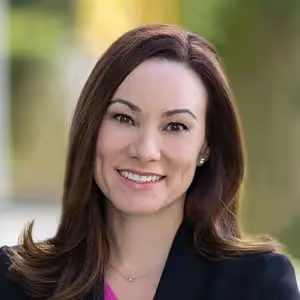
High Hopes or Hard Truths? Psychedelics and Cannabis in Eating Disorder Treatment
High Hopes or Hard Truths? Psychedelics and Cannabis in Eating Disorder Treatment
Information
Recorded
-
-
Learning Objectives
Participants will be able to:
-
Explain how psychedelics and cannabis affect the brain.
-
Identify two types of psychedelics with preliminary evidence for the treatment of depression and/or post-traumatic stress disorder.
-
Apply at least two treatment techniques to address cannabis use disorder among clients with eating disorders.
Educational Goal
Description
With cannabis legalization expanding across states and interest in psychedelics growing, eating disorder providers are increasingly fielding questions—and confronting use—among their clients. This presentation will explore the latest science, policies, and clinical implications of cannabis, psilocybin, LSD, ayahuasca, MDMA, and ketamine in the context of eating disorder treatment and co-occurring mental health conditions. While preliminary research on psychedelic-assisted psychotherapy for depression, post-traumatic stress disorder, and eating disorders is generating cautious optimism, evidence remains limited and regulatory approval is still evolving. In contrast, the risks of cannabis for individuals with mental illness are well-established, including its potential to exacerbate anxiety, depression, suicidality, and psychosis, particularly in adolescents and young adults. Attendees will gain an understanding of the neurobiology of these substances, their impact on brain function and behavior, and why “set and setting” matter for psychedelics but not for cannabis. Special attention will be given to integrated treatment approaches for co-occurring cannabis use disorder and eating disorders. By the end of this presentation, participants will be equipped to engage in informed, balanced conversations with clients about cannabis and psychedelics, evaluate potential benefits and harms, and support eating disorder recovery with clear, science-driven guidance.
Target Audience
- Addiction Professional
- Counselor
- Dietitian
- Marriage & Family Therapist
- Nutritionist
- Psychologist
- Social Worker
Presenters
Financially Sponsored By
- Monte Nido